The Ultimate Guide To Ethical Hacking 2025
4.8 out of 5 based on 8574 votesLast updated on 11th Aug 2023 12.4K Views
- Bookmark

Becoming an ethical hacker requires a combination of technical skills, knowledge, and ethical understanding.

Introduction
In an age where digitalization has revolutionized the way we live, work, and communicate, the significance of cybersecurity cannot be overstated. With the proliferation of online platforms, sensitive data, and critical infrastructure vulnerable to cyber threats, the demand for skilled individuals who can identify and counter these vulnerabilities has never been greater. This is where ethical hacking comes into play, as a pivotal practice aimed at safeguarding the digital realm.
Let’s now proceed further and have a look at the world and the future of Ethical Hacking respectively.
Understanding Ethical Hacking
Ethical hacking, also known as penetration testing
or white-hat hacking, involves simulating cyber-attacks on computer systems,
networks, applications, and other digital assets to uncover vulnerabilities.
Unlike malicious hackers, ethical hackers work with the consent of the owners
to identify weaknesses that could potentially be exploited by cybercriminals. Their
ultimate goal is to enhance the overall security posture of a system by
providing recommendations for improvement.
Importance of Ethical Hacking
In today's interconnected world, where businesses rely heavily on digital infrastructure, the repercussions of a cyber breach can be devastating. Ethical hackers play a pivotal role in ensuring that systems are fortified against malicious intrusions. By proactively identifying vulnerabilities, organizations can patch them before they are exploited, thus preventing data breaches, financial losses, and damage to reputation. This preventive approach aligns with the proverbial adage, "Prevention is better than cure."
Current Landscape of Ethical Hacking
The field of ethical hacking has evolved significantly over the past decade. With the rise in cybercrime and high-profile breaches, organizations have recognized the importance of investing in robust cybersecurity practices. This has led to a surge in demand for ethical hackers, who are now considered integral members of cybersecurity teams.
Certifications like Certified Ethical Hacker (CEH), CompTIA Security+, and Offensive Security Certified Professional (OSCP) have gained prominence as recognized qualifications in the field. Moreover, bug bounty programs, where organizations reward ethical hackers for discovering vulnerabilities, have gained traction, bridging the gap between skilled hackers and companies seeking to secure their systems.
Let’s now proceed further, and know what the skills required to turn into an Ethical Hacker.
Ethical Hacking Skills
Becoming an ethical hacker requires a combination of technical skills, knowledge, and ethical understanding. Here's a list of skills you'll need to develop to become a successful ethical hacker:
- Networking Fundamentals: Understanding how networks function, including protocols, IP
addressing, routing, and subnets, is crucial for identifying
vulnerabilities.
- Operating Systems: Proficiency
in various operating systems like Windows, Linux, and macOS is essential
as most hacking activities involve exploiting weaknesses in these systems.
- Programming Skills: Proficiency
in programming languages like Python, C++, Java, or scripting languages is
important for writing custom tools, scripts, and exploits.
- Cybersecurity Concepts: Develop a solid understanding of cybersecurity concepts,
including encryption, authentication, authorization, penetration testing
methodologies, and risk assessment.
- Web Application Security: Understand common web vulnerabilities like SQL injection,
cross-site scripting (XSS), and cross-site request forgery (CSRF), and how
to prevent and exploit them.
- Wireless Network Security: Familiarize yourself with wireless network protocols (Wi-Fi)
and their security measures, as well as techniques like sniffing, cracking
WEP/WPA keys, and rogue AP attacks.
- Cryptography: Learn
about encryption algorithms, cryptographic protocols, and their
vulnerabilities.
- Cyber Laws and Ethics: Understand
the legal and ethical aspects of hacking. Ethical hackers must operate
within the confines of the law and adhere to a strong code of ethics.
- Networking and Security Tools: Familiarize yourself with tools like Wireshark, Burp Suite,
Nmap, Metasploit, and more. These tools are essential for performing
ethical hacking tasks.
- Critical Thinking: Ethical
hackers need to think creatively and critically to find unique
vulnerabilities and devise appropriate solutions.
- Problem-Solving Skills: Hacking often requires troubleshooting and finding solutions
to unexpected challenges.
- Continuous Learning: The
field of cybersecurity is ever-evolving. Stay updated with the latest
hacking techniques, vulnerabilities, and define mechanisms through
constant learning and research.
- Communication Skills: Ethical hackers need to convey their findings and recommendations clearly to both technical and non-technical stakeholders.
Let’s now move ahead, and know what an Ethical Hacker is eventually supposed to do.
What an Ethical Hacker is supposed to do?
The role of an ethical hacker is to identify and uncover vulnerabilities in computer systems, networks, applications, and other digital infrastructure. Ethical hackers use their skills to proactively discover security weaknesses that malicious hackers (black hat hackers) could exploit.
Their primary goal is to help organizations improve their cybersecurity defences and protect sensitive information from unauthorized access, data breaches, and other cyber threats.
Key responsibilities and activities of an ethical hacker include:
- Penetration Testing: They perform controlled and
authorized simulated cyber-attacks to evaluate the effectiveness of an
organization's security measures. This helps organizations understand how
well their systems can withstand real-world attacks.
- Security Auditing: Ethical hackers review an
organization's security policies, procedures, and configurations to ensure
compliance with industry standards and best practices. They also identify
areas where security can be improved.
- Network Security: They analyze network
architecture and configurations to identify misconfigurations, weak
points, and potential points of entry for attackers.
- Application Security: Ethical hackers assess the
security of software applications, including web applications, mobile
apps, and desktop applications, to uncover vulnerabilities that could lead
to data breaches or unauthorized access.
- Social Engineering Testing: They evaluate an
organization's susceptibility to social engineering attacks, where hackers
manipulate individuals into divulging sensitive information or taking
unauthorized actions.
- Wireless Security Testing: Ethical hackers assess the security
of wireless networks to identify vulnerabilities and ensure that data
transmitted over Wi-Fi is adequately protected.
- Reporting and Documentation: After conducting
assessments, ethical hackers provide detailed reports to the
organization's stakeholders, outlining vulnerabilities discovered,
potential risks, and recommended security improvements.
- Continuous Monitoring: Ethical hackers often work on an ongoing basis to regularly assess and test systems for emerging vulnerabilities and potential security gaps.
Over the past few years, their role has become crucial in today's digital landscape as it assists organizations in proactively addressing security weaknesses before they are exploited by malicious actors. By collaborating with cybersecurity teams, ethical hackers contribute to enhancing the overall security posture of organizations, safeguarding sensitive data, and maintaining trust with customers and stakeholders.
What are the different types of Ethical Hacking?
If you will deep delve into the Ethical Hacking Course and the whole working mechanism, you will come across its different types. And those are as follows: -
- Network Hacking: This
involves assessing the security of network infrastructure, including
routers, switches, firewalls, and other network devices. The goal is to
identify weaknesses that could allow unauthorized access or data leakage.
- Web Application Hacking: In this type of testing, security experts assess the
vulnerabilities present in web applications. This includes looking for
issues like SQL injection, cross-site scripting (XSS), cross-site request
forgery (CSRF), and more.
- Wireless Network Hacking: Wireless networks, such as Wi-Fi, are tested to ensure they
are properly secured. Ethical hackers assess the strength of encryption,
authentication methods, and the overall security of wireless
communication.
- Social Engineering: Furthermore,
this type of hacking involves exploiting human psychology to gain
unauthorized access to systems or information. It can include tactics like
phishing, pretexting, baiting, and tailgating.
- Password Cracking: Ethical
hackers attempt to crack passwords to identify weak or easily guessable
ones. This helps organizations enforce stronger password policies.
- Cloud Hacking: As
more businesses move their operations to the cloud, the security of cloud
services becomes crucial. Ethical hackers assess the security of cloud
platforms and services to ensure data confidentiality and integrity.
- Mobile Application Hacking: With the proliferation of mobile apps, securing them is
essential. Ethical hackers analyze mobile applications for vulnerabilities
that could be exploited by attackers.
- Physical Security Hacking: Well, this involves testing the physical security measures in
place, such as access controls, surveillance systems, and building
security, to ensure that unauthorized physical access is prevented.
- IoT (Internet of Things) Hacking: IoT devices are becoming increasingly common, and they can
introduce security risks. Ethical hackers assess the security of IoT
devices and their communication protocols.
- Vulnerability Assessment: This is a broader approach where ethical hackers
systematically identify and assess vulnerabilities in an organization's IT
environment, including networks, systems, and applications.
- Red Team vs. Blue Team Exercises: Red teams simulate real-world attacks on an organization's
systems, while blue teams defend against these attacks. These exercises
help organizations assess their overall security readiness.
- SCADA (Supervisory Control and Data Acquisition) Hacking: This involves testing the security of industrial control systems that manage critical infrastructure, such as power plants and water treatment facilities.
You May Also Read These Posts:
What Should I Learn After Ethical Hacking?
Ethical Hacking Certification Cost
Future Scope of Ethical Hacking
As technology continues to advance, the future of ethical hacking is exceptionally promising.
Here are some key areas where ethical hacking is set to play a pivotal role:
- IoT Security: With
the proliferation of Internet of Things (IoT) devices, the attack surface
has expanded significantly. Ethical hackers will be essential in
identifying and mitigating vulnerabilities in these devices, ensuring the
security and privacy of users.
- Artificial Intelligence and Machine Learning: As AI and machine learning become more
integral to various sectors, they will also be used by hackers to devise
sophisticated attacks. Ethical hackers will need to harness these
technologies to predict and counter new attack vectors.
- Cloud Security:
Cloud computing has transformed the way businesses operate. Ethical
hackers will be instrumental in securing cloud environments and preventing
unauthorized access to sensitive data stored in the cloud.
- Biometric Security:
Biometric authentication methods are becoming mainstream. Ethical hackers
will need to test and ensure the resilience of these systems against
spoofing and other attacks.
- Cybersecurity Regulations and Compliance: With the enactment of stringent data
protection laws, ethical hackers will assist organizations in ensuring
compliance by identifying vulnerabilities that could lead to regulatory
violations.
- Cyber Warfare and Nation-State Threats: Ethical hackers will play a crucial role in defending against state-sponsored cyber-attacks, safeguarding critical infrastructure, and maintaining national security.
Conclusion
Well, from the information mentioned above, Ethical Hacking Online Course has genuinely emerged as an indispensable practice in an era where
cyber threats are rampant and evolving. Its role in identifying vulnerabilities
and fortifying digital assets cannot be overstated. As technology advances and
the digital landscape expands, ethical hackers will remain at the forefront of
the battle against cybercrime, ensuring a secure and resilient digital future
for individuals, businesses, and nations alike. So, knowing ethical hacking as
a proactive measure is not just a choice, but a necessity in the face of an
ever-evolving cyber threat landscape.
FAQs
- What is Ethical Hacking?
Ethical hacking, also known as penetration testing or white hat hacking, involves authorized and controlled attempts to identify vulnerabilities in computer systems, networks, or applications. Ethical hackers use the same techniques as malicious hackers to expose weaknesses and help organizations strengthen their cybersecurity defences.
- Why is Ethical Hacking Important?
Ethical hacking is crucial for identifying and mitigating security vulnerabilities before malicious hackers can exploit them. By simulating real-world cyberattacks, organizations can proactively identify weaknesses and implement appropriate security measures to protect sensitive data, maintain business continuity, and preserve customer trust.
- What Skills Are Required to Become an Ethical Hacker?
Ethical hackers require a combination of technical skills and an ethical mindset. Proficiency in programming languages, networking, operating systems, and security tools is important. Additionally, strong problem-solving skills, the ability to think creatively, and a commitment to adhering to legal and ethical boundaries are essential traits for an ethical hacker.
- What is the Difference Between Ethical Hacking and Malicious Hacking?
Well, Ethical hacking is conducted with authorization and a clear purpose of improving security. It aims to identify vulnerabilities to fix them. In contrast, malicious hacking involves unauthorized access to systems, data breaches, and other harmful activities that compromise security and privacy. Ethical hackers work within legal and ethical boundaries, while malicious hackers engage in illegal activities.
- How Can Organizations Benefit from Ethical Hacking Services?
Organizations can benefit from ethical hacking
services in several ways. These services help organizations identify
vulnerabilities and weaknesses that could be exploited by malicious actors. By
addressing these vulnerabilities proactively, organizations can avoid data
breaches, financial losses, and damage to their reputation. Ethical hacking
also assists in complying with regulatory requirements and industry standards
related to cybersecurity.
Subscribe For Free Demo
Free Demo for Corporate & Online Trainings.
Your email address will not be published. Required fields are marked *
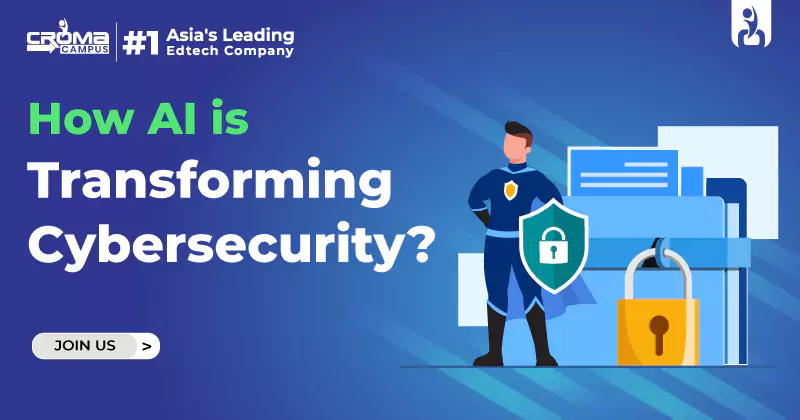
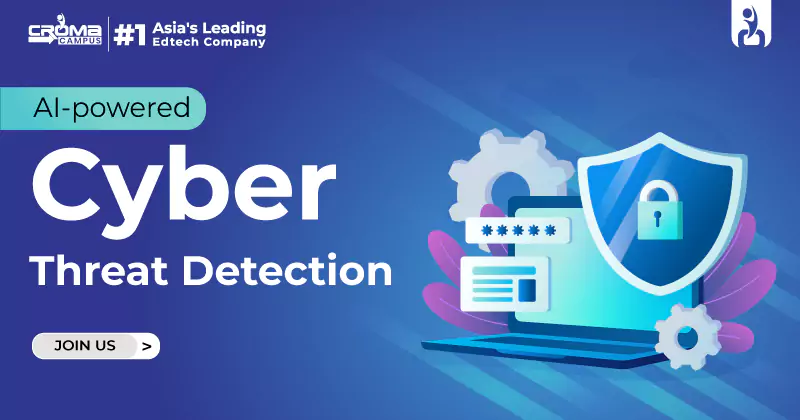
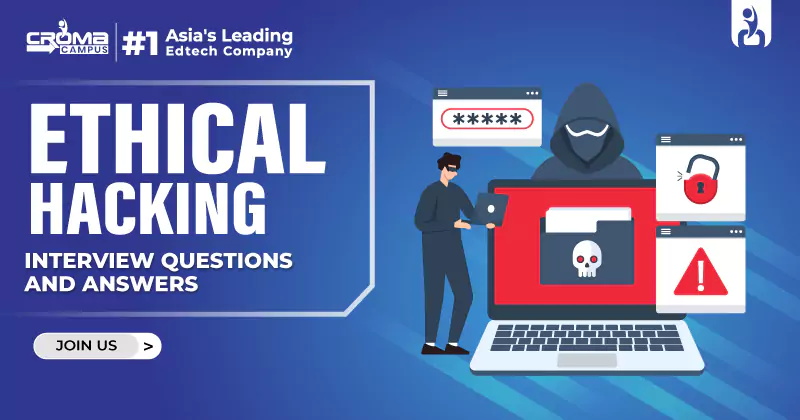
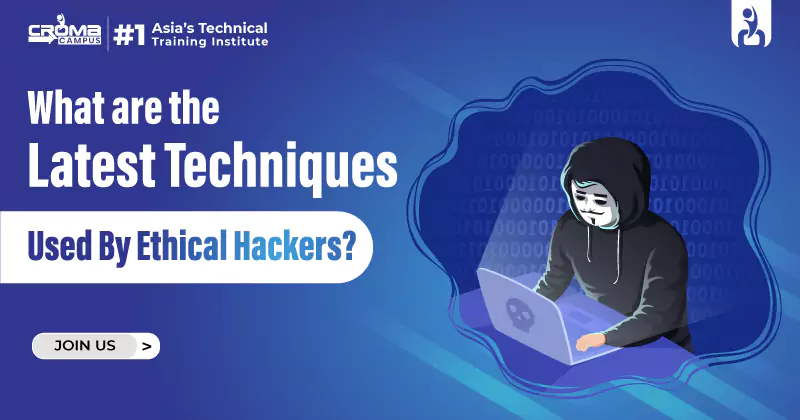


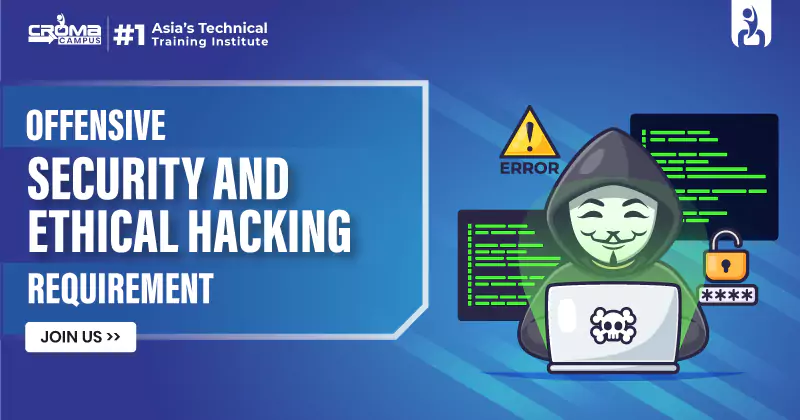
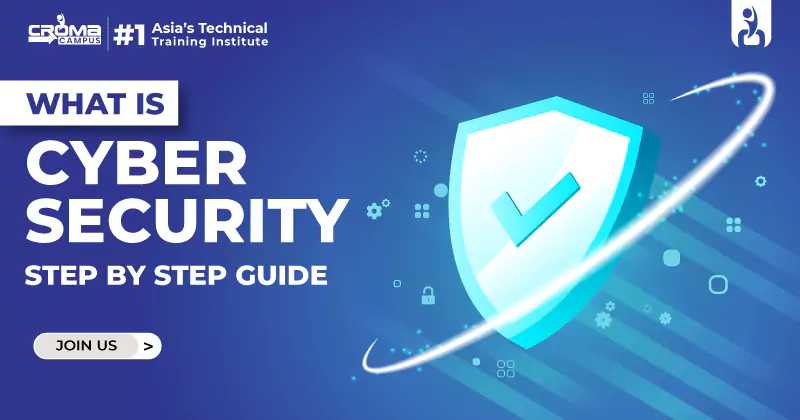

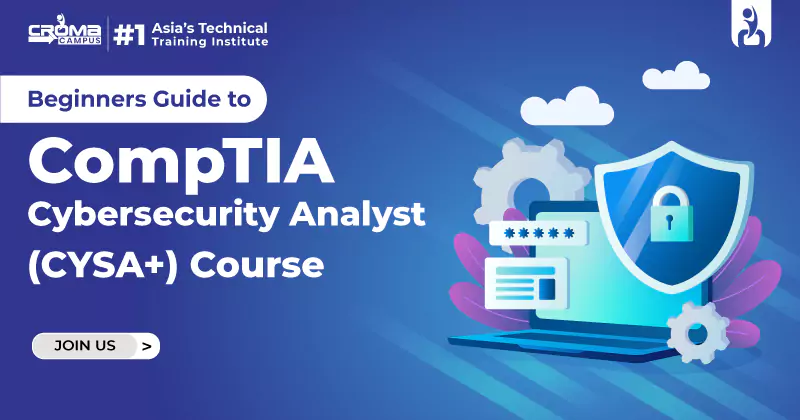

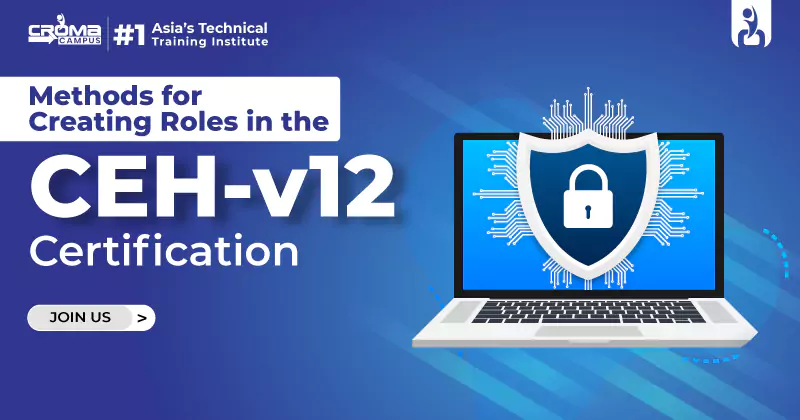










 Master in Cloud Computing Training
Master in Cloud Computing Training